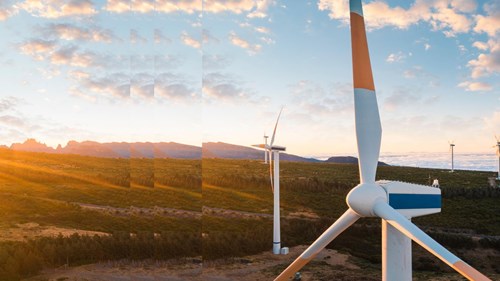European State Aid
On 27 May 2015 the European Commission cleared the amendments proposed by Germany to the Renewable Energy Act (EEG 2014) to be in line with EU state aid rules, in particular the 2014 Energy and Environmental Aid guidelines (EEAG).
The EEG 2014 was initially approved by the Commission in July 2014 and entered into force on 1 August 2014. EEG provides support for the production of electricity from renewable energy sources and from mining gas. It also reduces the financial burden on certain energy-intensive users, i.e. undertakings of the manufacturing sector having a consumption of at least 1 GWh/a and with electricity costs representing at least 16% of their gross added value, by lowering their level of payment of the EEG-surcharge. The new amendments add two important sectors, namely forging sector and treatment and coating of metals, to benefit from reduced levels of the EEG-surcharge, provided these companies can demonstrate that, on an individual basis, their electricity costs are at least 20% of their gross value added. The Commission concluded that these sectors are particularly exposed to international competition and therefore eligible for lowering the EEG surcharge.
On the national level the German government started a legislative initiative in April 2015 to extent the reduction scheme for energy-intensive companies to the abovementioned sectors (draft bill dated 21 April 2015, BT-Drs. 18/4683). According to the draft bill affected companies will be entitled to retroactively apply for reductions for the year 2015.
Further article: The Amended Renewable Energy Sources Act 2014 (EEG 2014)








